The influence of Greek philosophy on Christian thought: Foundations of Christian philosophy
The encounter between Greek philosophy and the nascent Christian tradition represents one of the most profound and transformative moments in the history of intellectual thought. Christianity, emerging from its Judaic roots and expanding into the Greco-Roman world, engaged deeply with the philosophical traditions of antiquity. Greek philosophy provided early Christian thinkers with the intellectual tools to articulate their theology, address complex metaphysical questions, and engage with the broader cultural and philosophical currents of the Roman Empire.
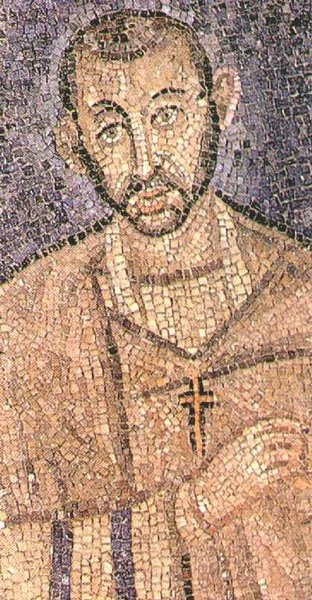
Detail from possibly contemporary mosaic of Ambrose in the Basilica of Sant’Ambrogio, c. 380–500. Ambrose was a bishop of Milan who became one of the most influential ecclesiastical figures of the 4th century. Source: Wikimedia Commonsꜛ (license: public domain)
Greek philosophy as a framework for Christian theology
Greek philosophy provided a conceptual framework for early Christian theologians to explain and systematize their beliefs. While Christianity brought its own distinctive doctrines, such as the Incarnation, the Trinity, and salvation through Christ, Greek philosophical traditions offered the tools to interpret and express these ideas in a systematic and intellectually rigorous manner.
Platonic metaphysics and the concept of God
Plato’s metaphysics, particularly his theory of forms, exerted a profound influence on Christian theology. Plato’s distinction between the eternal, unchanging realm of forms and the transient, imperfect world of sense experience provided a basis for understanding the nature of God and creation. Early Christian thinkers identified God with the ultimate source of perfection and intelligibility, akin to Plato’s form of the Good.
This Platonic influence is especially evident in the works of Origen (circa 184–253 CE), who employed Platonic ideas to explain the relationship between God, creation, and the soul. Origen’s allegorical interpretation of scripture and his emphasis on the soul’s ascent toward divine truth reflect the integration of Platonic metaphysics with Christian spirituality.
Neoplatonism and the trinity
Neoplatonism, developed by Plotinus, further enriched Christian metaphysics by introducing a hierarchical understanding of reality. The Neoplatonic model, with its emphasis on the One (the ultimate source), the Intellect (Nous), and the Soul (Psyche), provided a philosophical framework for articulating the Christian doctrine of the Trinity. Early Christian theologians adapted this structure to explain the relationship between God the Father, the logos (the Son), and the Holy Spirit.
For instance, Augustine of Hippo (354–430 CE), heavily influenced by Neoplatonism, used Platonic and Neoplatonic concepts to explore the nature of the Trinity and the relationship between divine unity and diversity. His works, such as De Trinitate, illustrate the integration of Neoplatonic metaphysics into Christian theology.
Greek ethics and Christian morality
The ethical systems of Greek philosophy, particularly those of Stoicism and Platonism, profoundly shaped Christian moral thought. These traditions emphasized the cultivation of virtue, the alignment of human life with reason and nature, and the pursuit of the ultimate good — principles that resonated with Christian teachings on ethical conduct and spiritual growth.
Stoicism and Christian virtue
Stoicism, with its focus on self-control, rationality, and the acceptance of divine providence, provided a model for Christian ethical practice. The Stoic concept of living in accordance with nature, understood as the rational order of the cosmos, influenced Christian ideas about aligning one’s life with God’s will. Stoic exercises, such as mindfulness and the contemplation of death, were adapted by Christian ascetics and theologians to promote spiritual discipline and resilience.
Paul’s letters in the New Testament reflect Stoic influences, particularly in their emphasis on endurance, self-mastery, and the importance of inner freedom. Similarly, later Christian thinkers such as Ambrose of Milan and Augustine of Hippo drew on Stoic principles to develop their teachings on virtue and moral responsibility.
Platonic ethics and the soul’s ascent
Plato’s emphasis on the soul’s purification and ascent toward the Good resonated deeply with Christian ideas about salvation and spiritual growth. In Platonic thought, the soul’s ultimate goal is to transcend the material world and attain union with the divine, a concept that parallels Christian teachings on the beatific vision and eternal life with God.
Origen’s and Augustine’s writings reflect this Platonic influence, emphasizing the transformative journey of the soul toward divine truth and goodness. The integration of Platonic ethics into Christian theology provided a framework for understanding the moral and spiritual dimensions of human existence.
Epistemology: Faith and reason
Greek philosophy also contributed to Christian epistemology, shaping the relationship between faith and reason. While Christianity emphasized divine revelation as the ultimate source of truth, Greek philosophical traditions provided tools for rational inquiry and argumentation, enabling theologians to defend and elaborate their beliefs.
Aristotelian logic and scholasticism
Aristotelian logic, preserved and transmitted by Greek and later Islamic philosophers, became a cornerstone of medieval Christian philosophy. The scholastic tradition, exemplified by Thomas Aquinas, used Aristotelian methods to systematize Christian theology and reconcile reason with faith. Aquinas’ Summa Theologica demonstrates how Aristotelian concepts, such as substance, causality, and teleology, were integrated into Christian thought to explain the nature of God, creation, and moral law.
Faith seeking understanding
The interplay between Platonic idealism and Aristotelian realism also shaped the Christian understanding of faith and reason. Augustine’s famous dictum, “I believe in order to understand”, reflects the synthesis of these traditions, emphasizing that faith serves as the foundation for rational inquiry and deeper comprehension of divine truth.
Conclusion
The integration of Greek philosophy into Christian theology represents one of the most significant intellectual achievements of antiquity. By synthesizing the metaphysical, ethical, and epistemological frameworks of Platonic, Aristotelian, and Stoic thought with the theological principles of Christianity, early Christian thinkers created a robust framework for addressing complex philosophical and theological questions.
This synthesis laid the foundations for medieval scholasticism, influencing figures such as Anselm, Aquinas, and Bonaventure, who developed Christian theology through the lens of Greek philosophical principles. The revival of Greek philosophy during the Renaissance and its continued relevance in modern philosophical discourse attest to the enduring power of this intellectual tradition. By preserving and transforming Greek philosophical ideas, Christian theology bridged the classical and medieval worlds, shaping the trajectory of Western intellectual history.
On the other hand, Christian theology adopted only those elements of Greek philosophy that were compatible with its canonical beliefs, while rejecting or modifying others to maintain its distinct theological identity. In this way, original Greek philosophical ideas, that were not compatible with the emerging Christian thought, were forgotten or lost in the course of history, only to be rediscovered in later centuries – as other civilizations, such as the Byzantine and Islamic world, preserved and developed them further. Whether Christianity – and not other civilizations and traditions – actually preserved the essence of Greek philosophy, or whether it was the reason for its end and partial loss, therefore remains a matter of debate.
References and further reading
- Hellmut Flashar, Michael Erler, Günter Gawlick, Woldemar Görler, Peter Steinmetz, Die Philosophie der Antike. Bd.4. Die hellenistische Philosophie, 1994, Schwabe, Aus der Reihe: Grundriss der Geschichte der Philosophie, ISBN: 9783796509308
- Christoph Riedweg, Christoph Horn, Die Philosophie der Antike. Bd. 5. Die Philosophie der Kaiserzeit und der Spätantike, 2018, Schwabe, Aus der Reihe: Grundriss der Geschichte der Philosophie, ISBN: 9783796526299
- Alexander Brungs, Georgi Kapriev, Vilem Mudroch, Die Philosophie des Mittelalters. Bd. 1. Byzanz. Judentum, 2019, Schwabe Verlagsgruppe, ISBN: 9783796526237
- John Marenbon, Die Philosophie des Mittelalters. Bd. 2. 11. Jahrhundert, 2025, Schwabe Verlag, ISBN: 9783796526251
- John Marenbon, Die Philosophie des Mittelalters. Bd. 2. 11. Jahrhundert, 2025, Schwabe Verlag, ISBN: 9783796526251
- Alexander Brungs, Vilem Mudroch, Peter Schulthess, Die Philosophie des Mittelalters. Bd. 4. 13. Jahrhundert, 2017, Schwabe, ISBN: 9783796526268
- Armstrong, A. H., The Cambridge History of Later Greek and Early Medieval Philosophy, 1967, Cambridge University Press, ISBN: 978-0521040549
- Pelikan, J., The Christian Tradition: A History of the Development of Doctrine, Volume 1: The Emergence of the Catholic Tradition (100-600), 1975, University of Chicago Press, ISBN: 978-0226653716
- Rist, J. M., Augustine: Ancient Thought Baptized, 2008, Cambridge University Press, ISBN: 978-0521589529
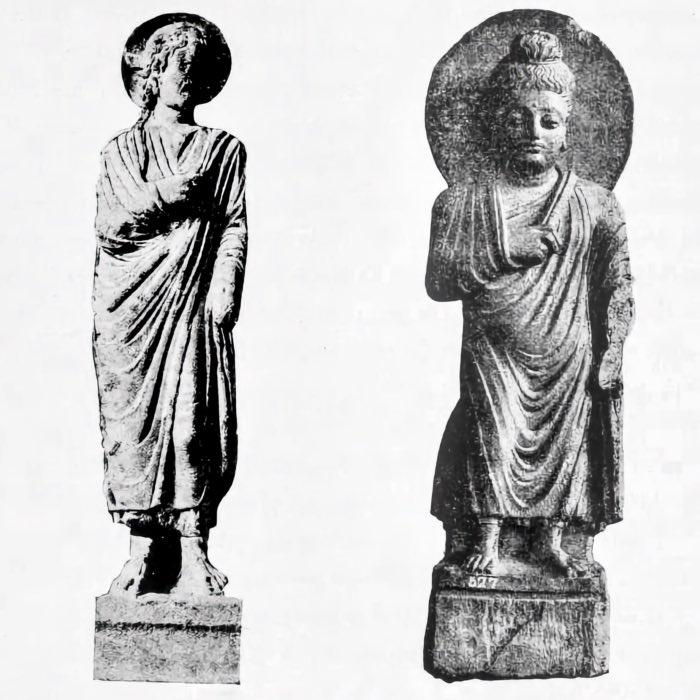

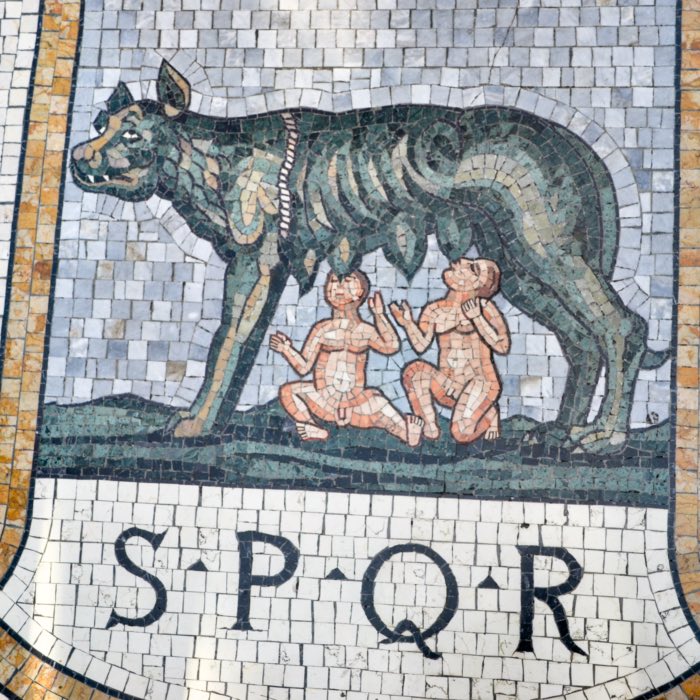
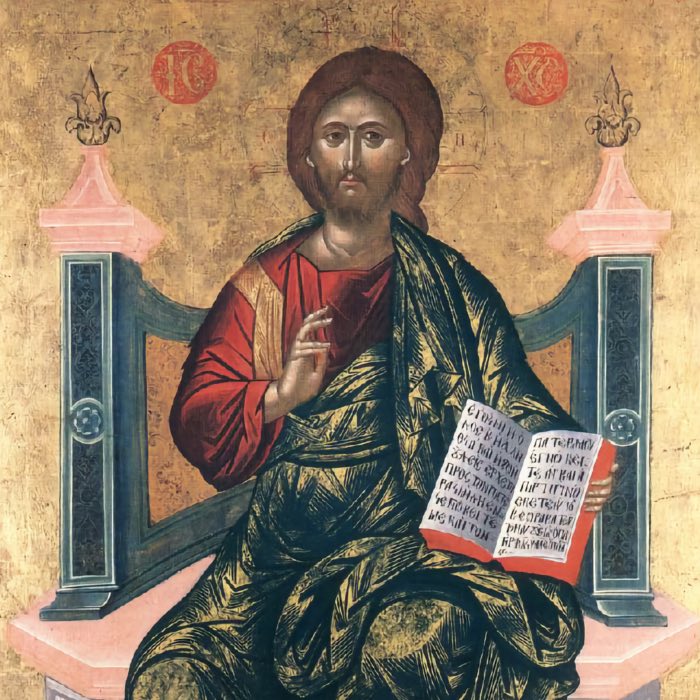
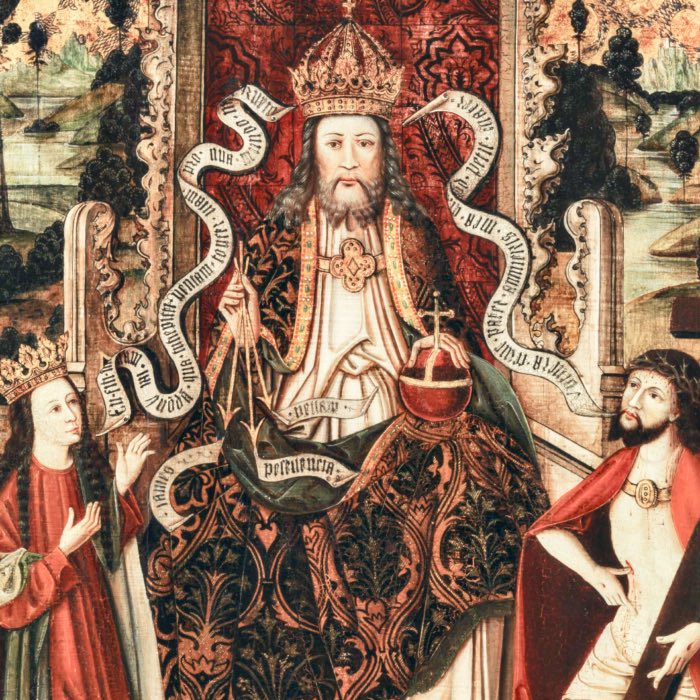
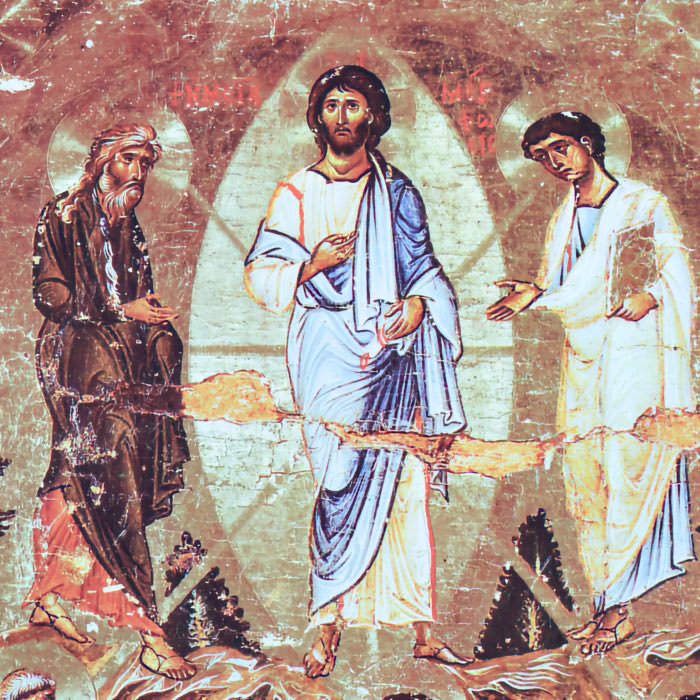
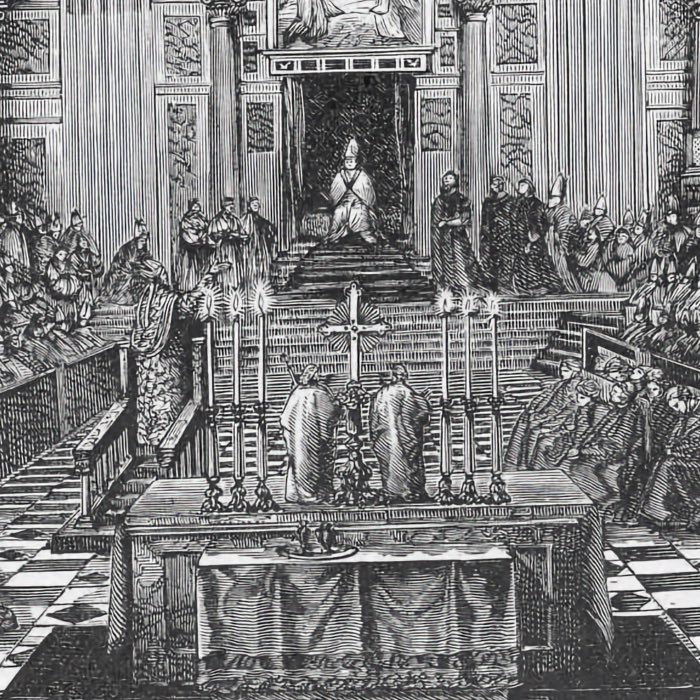
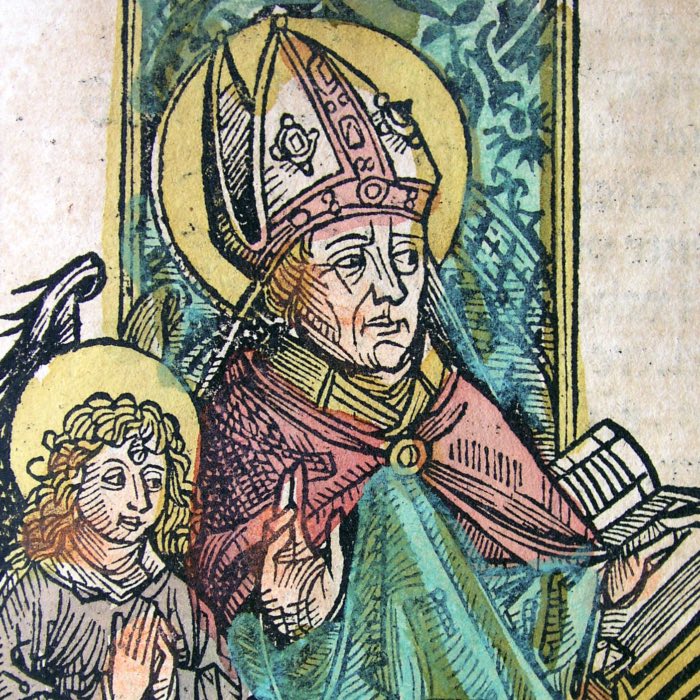
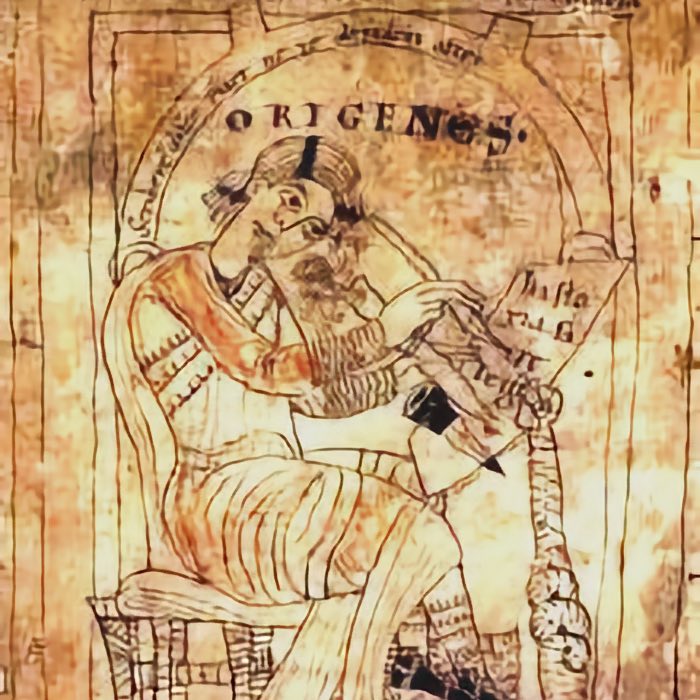
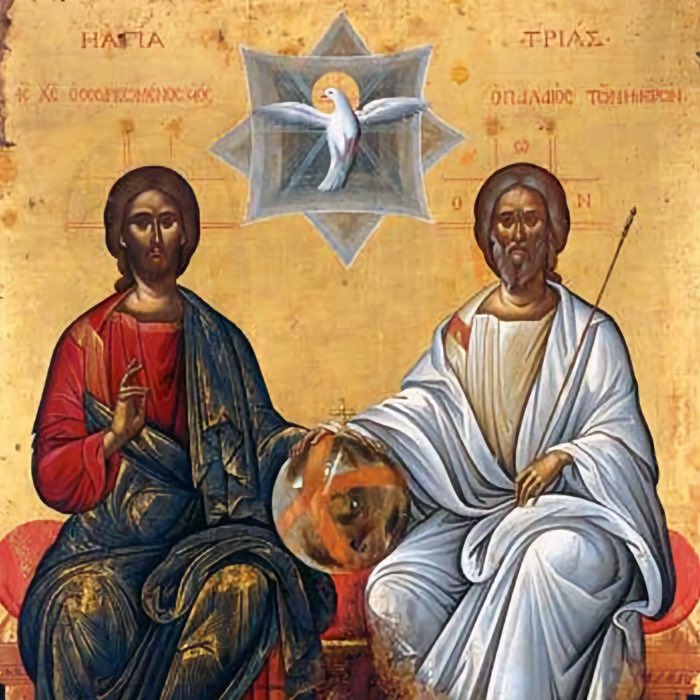


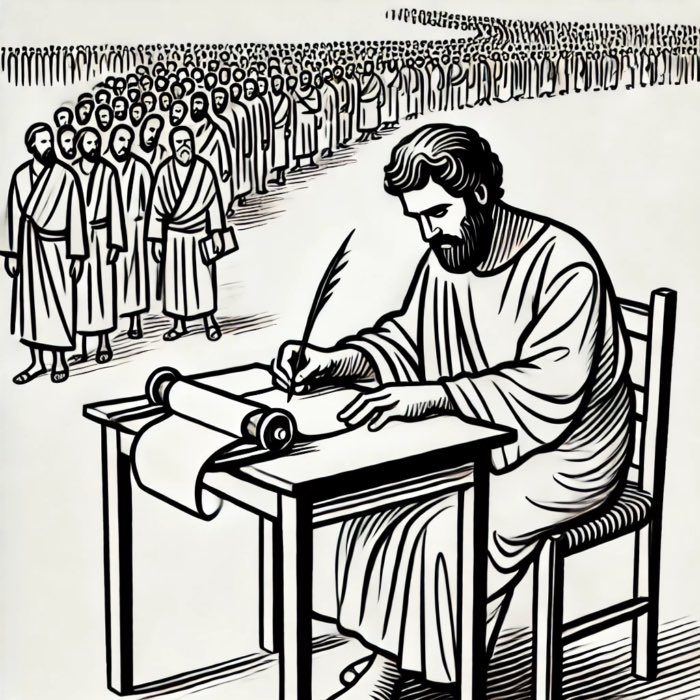

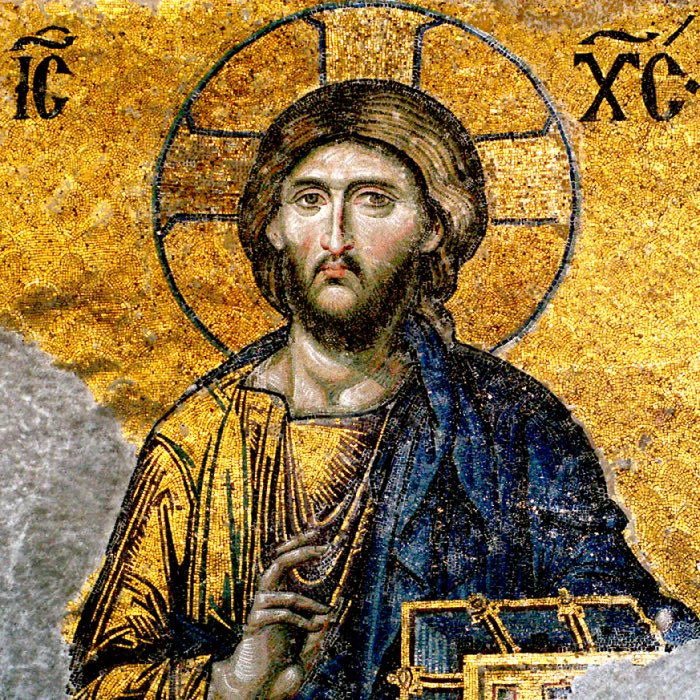
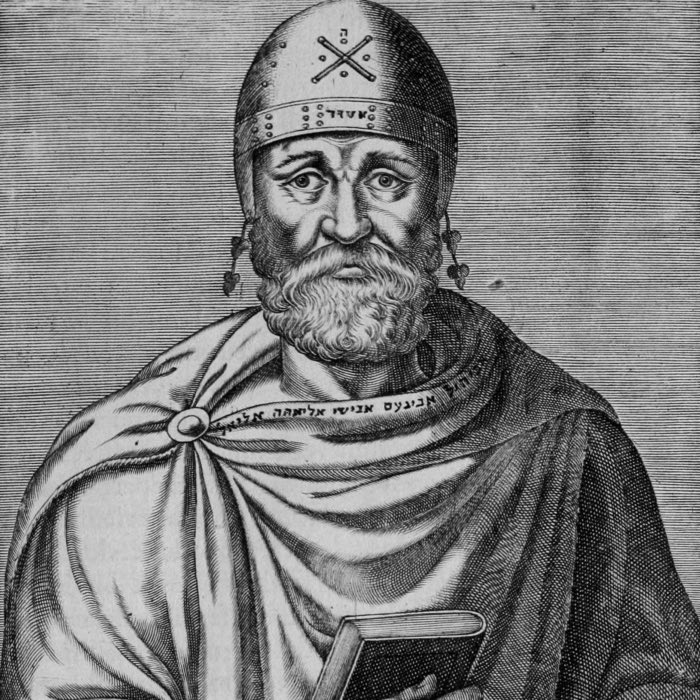
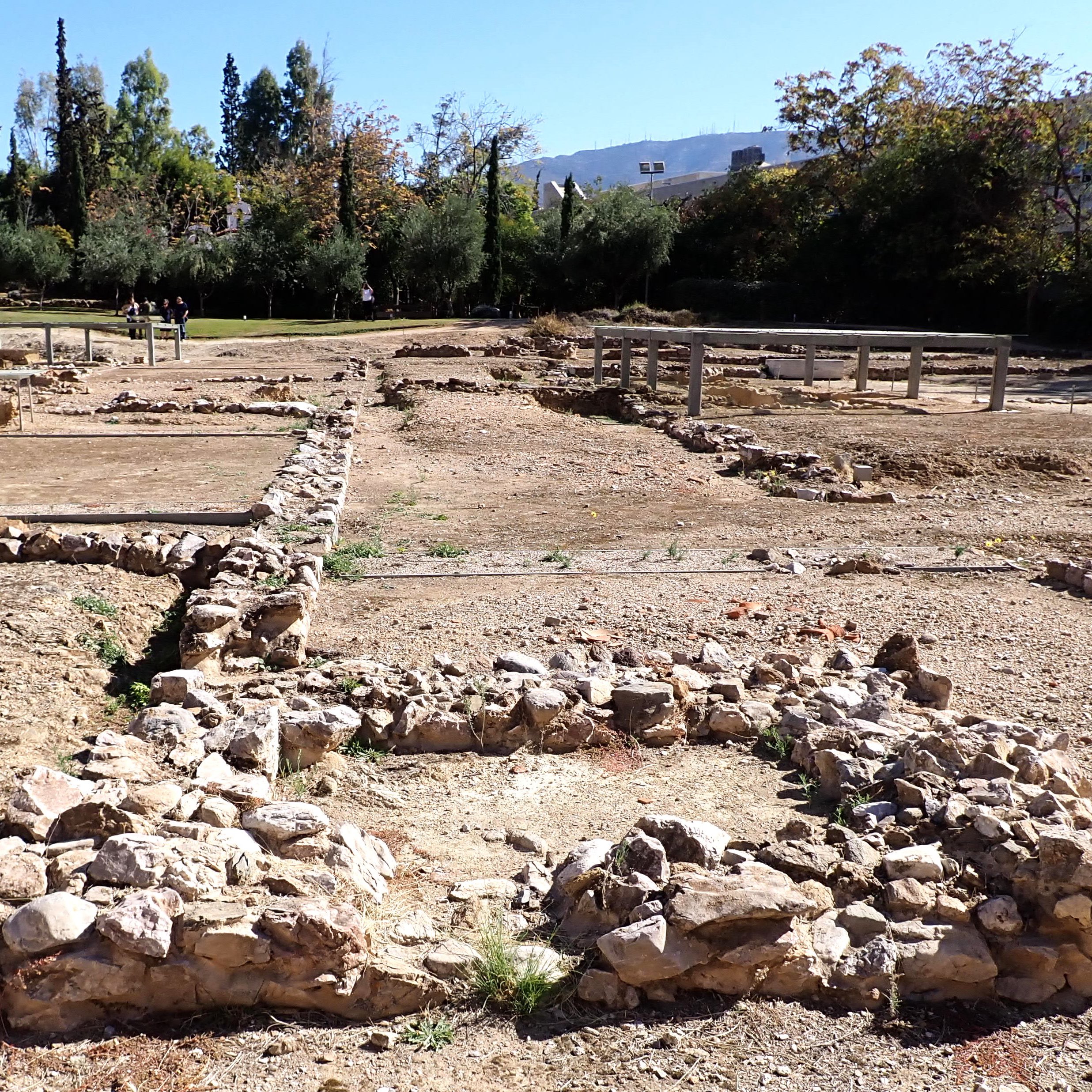
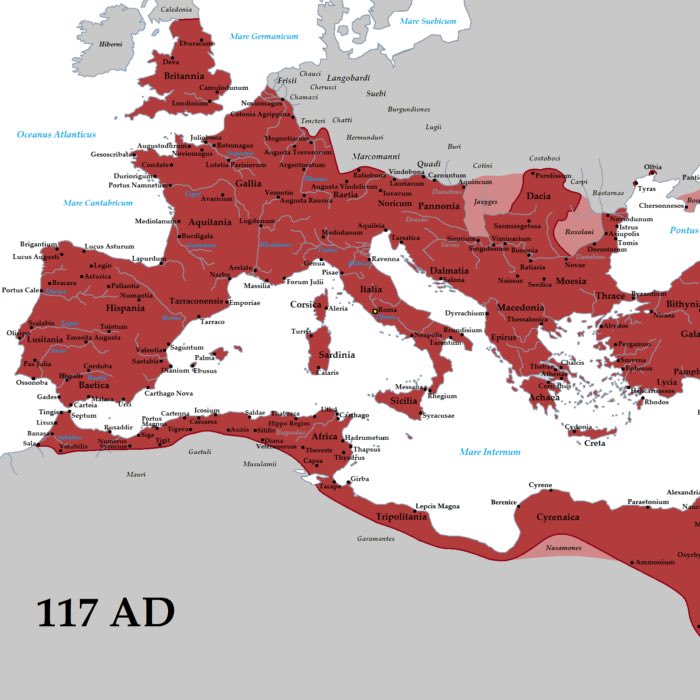




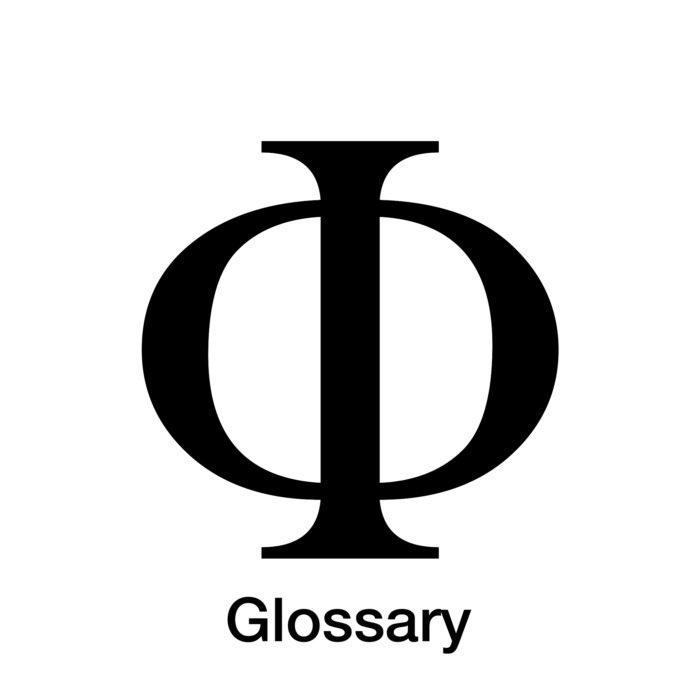
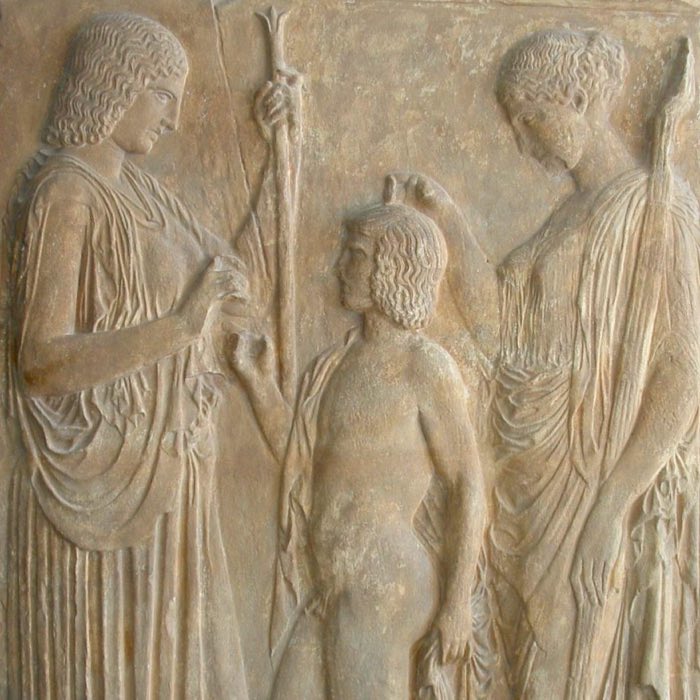
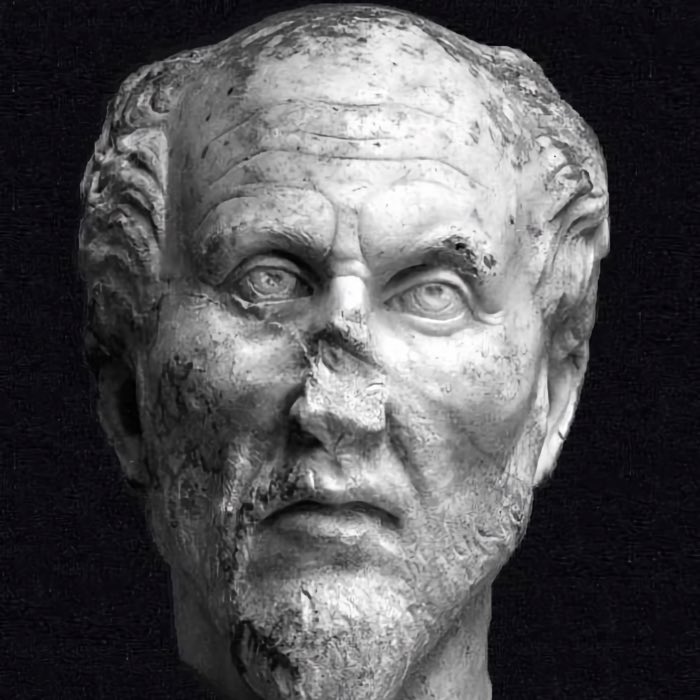
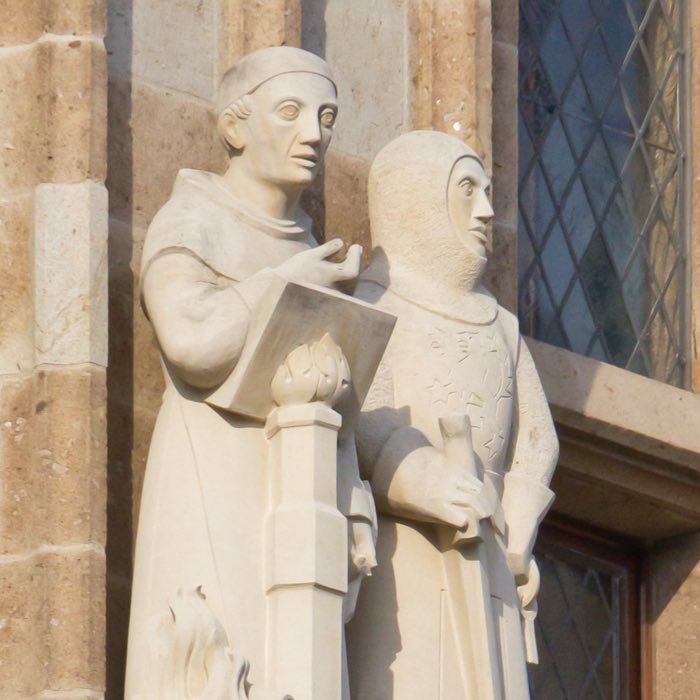
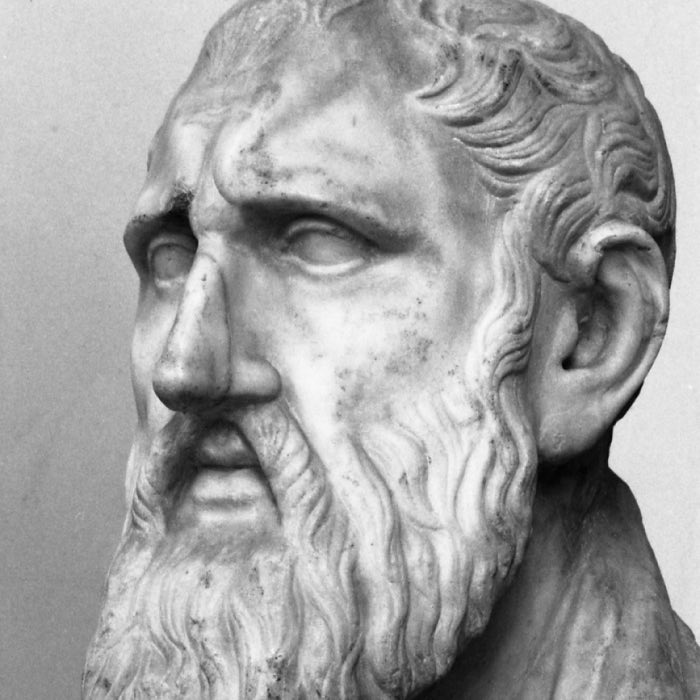
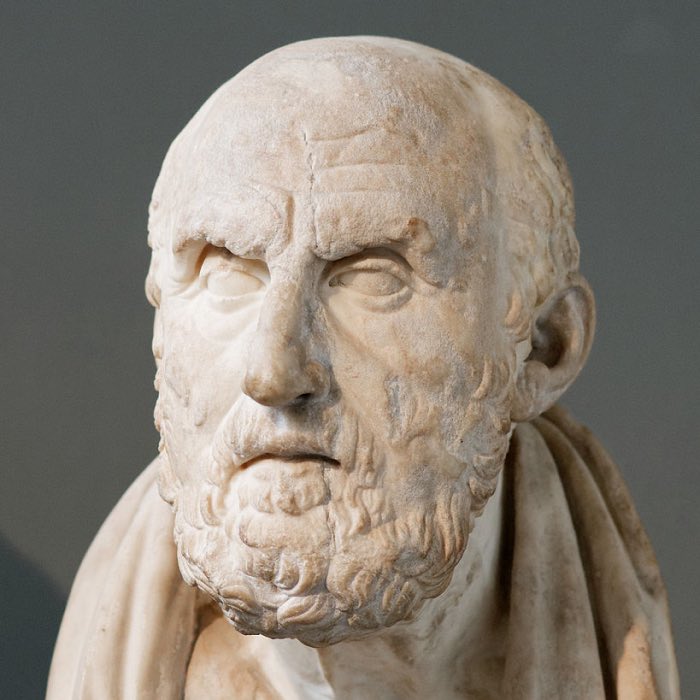
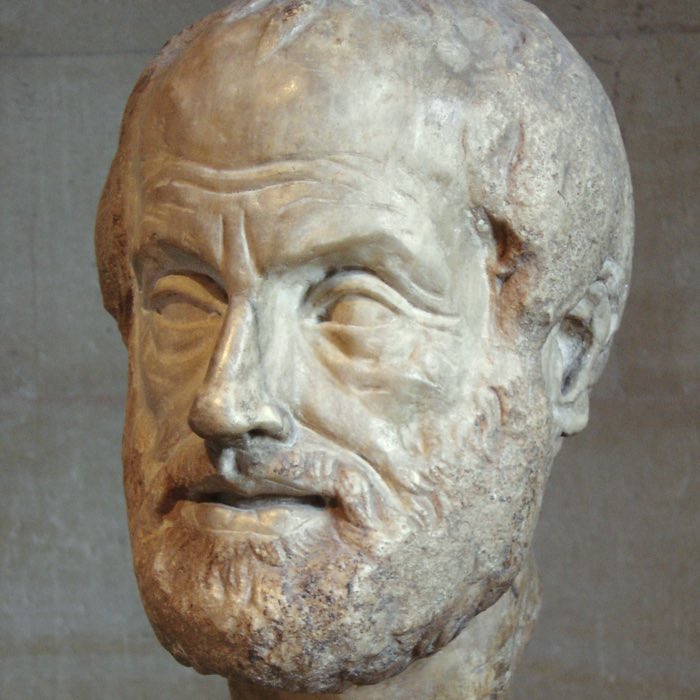
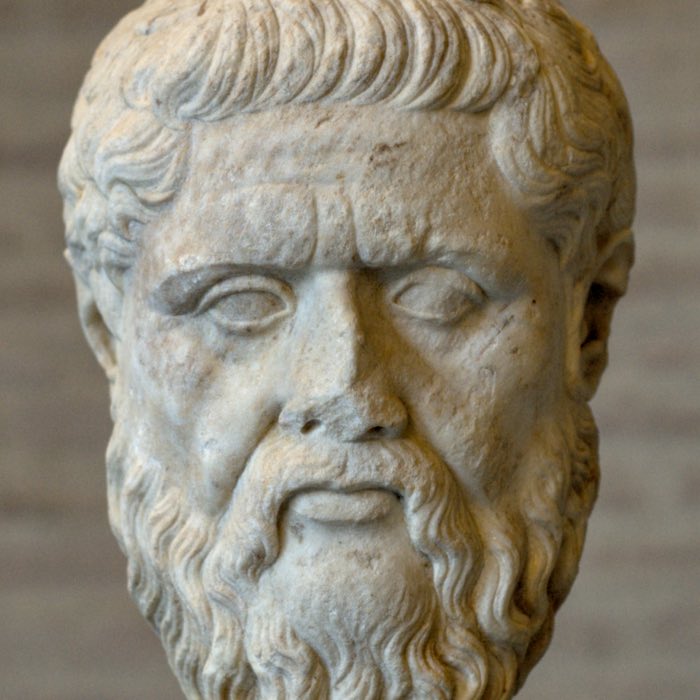
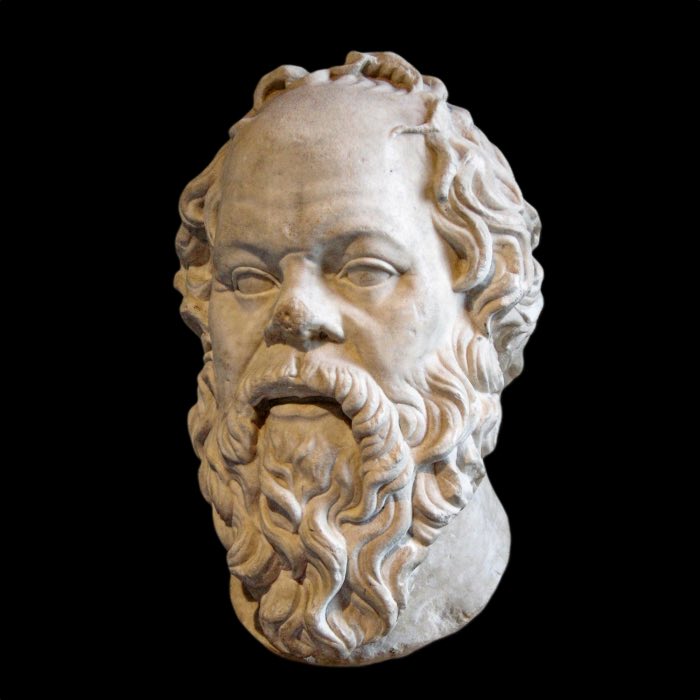
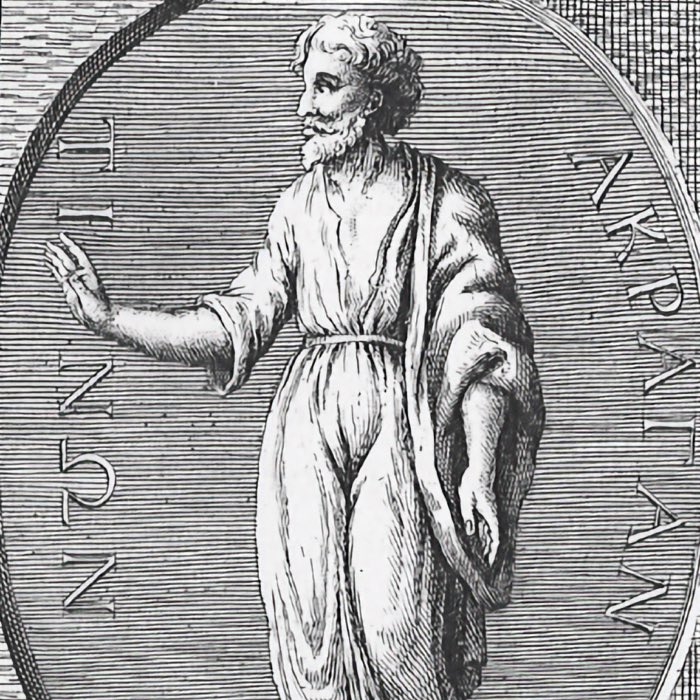
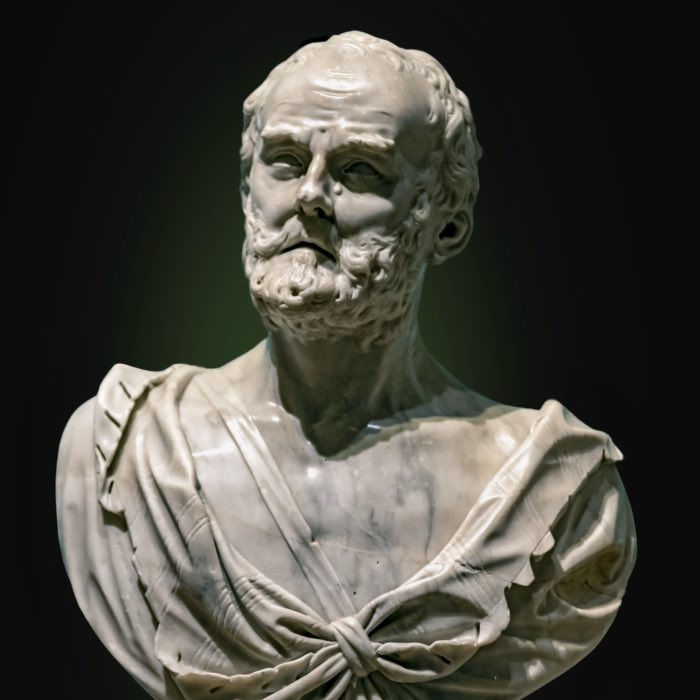
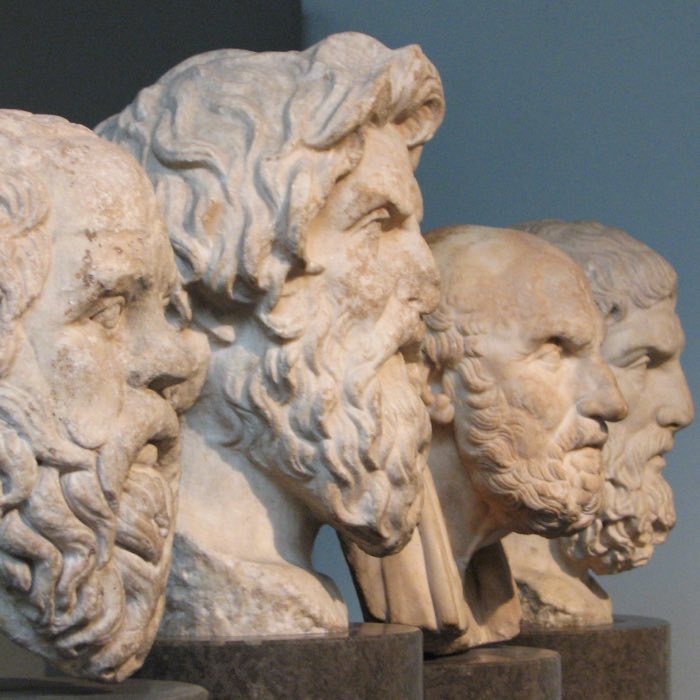









comments